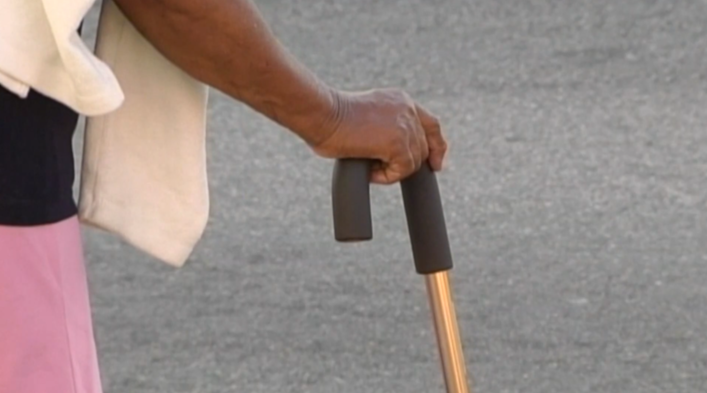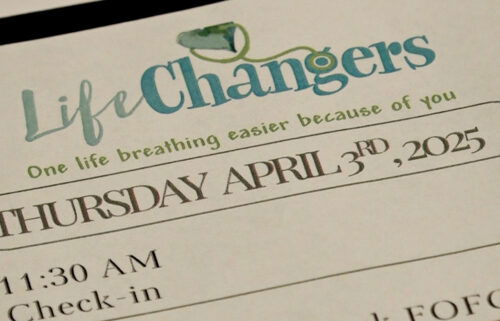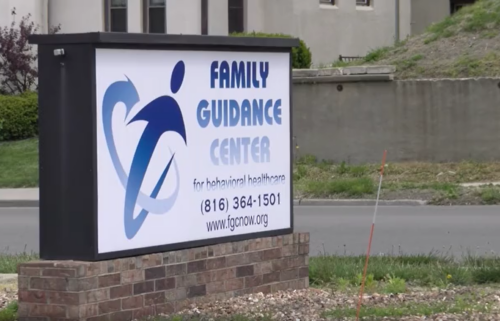Extreme temperatures can cause distress for elderly individuals

By Jazmine Knight
In times of high temperatures, getting outside in the fresh air is a place many people turn to. But for many elderly individuals, the heat could be detrimental.
Deanna Utz, client care manager with Home Instead, says they avoid taking their patients outside during the summer.
“One of our biggest struggles with seniors, especially if there’s any sort of dementia, or even taking prescription drugs, can affect the way the body processes temperature,” Utz said.
She says supervision is crucial because their minds have trouble processing that they’re overheating, making them ignore cues to stay hydrated or to get in a cool environment.
Elderly individuals typically get cold faster and have thinner skin, which contributes to many elderly ignoring cues as well.
Utz stresses the importance of getting care or checking in frequently on someone you know who may be experiencing mental decline. Other tips include hydrating, wearing light colored clothing and staying in cool air conditioning.
“They tend to want to bundle up and wear things, just make sure that they’re wearing colored light clothing,” said Utz. “And keeping it so that they’re not doing those activities that would cause them to overheat.”
Alternative indoor activities include puzzles, watching movies, reading books and more.
Utz advises against outdoors activities such as yard work.
“Nothing that’s going to take them out into the extreme,” she said. “A lot of our seniors like to be read to. They like, you know, older movies, even listening to music. Sometimes it can just be going through old photo albums.”
For individuals with dementia or Alzheimer’s, it’s important for them to understand the dangers and redirect them to another activity if they are unsatisfied.
Caregivers should be on the lookout for a number of things concerning heat distress in elderly patients.
“It can be dizziness, rapid heartbeat, clammy nerves, change in skin tone, all of those things. Excessive thirst,” Utz said.
If you are worried about someone you may know, try calling for a wellness check or check in on them frequently.



